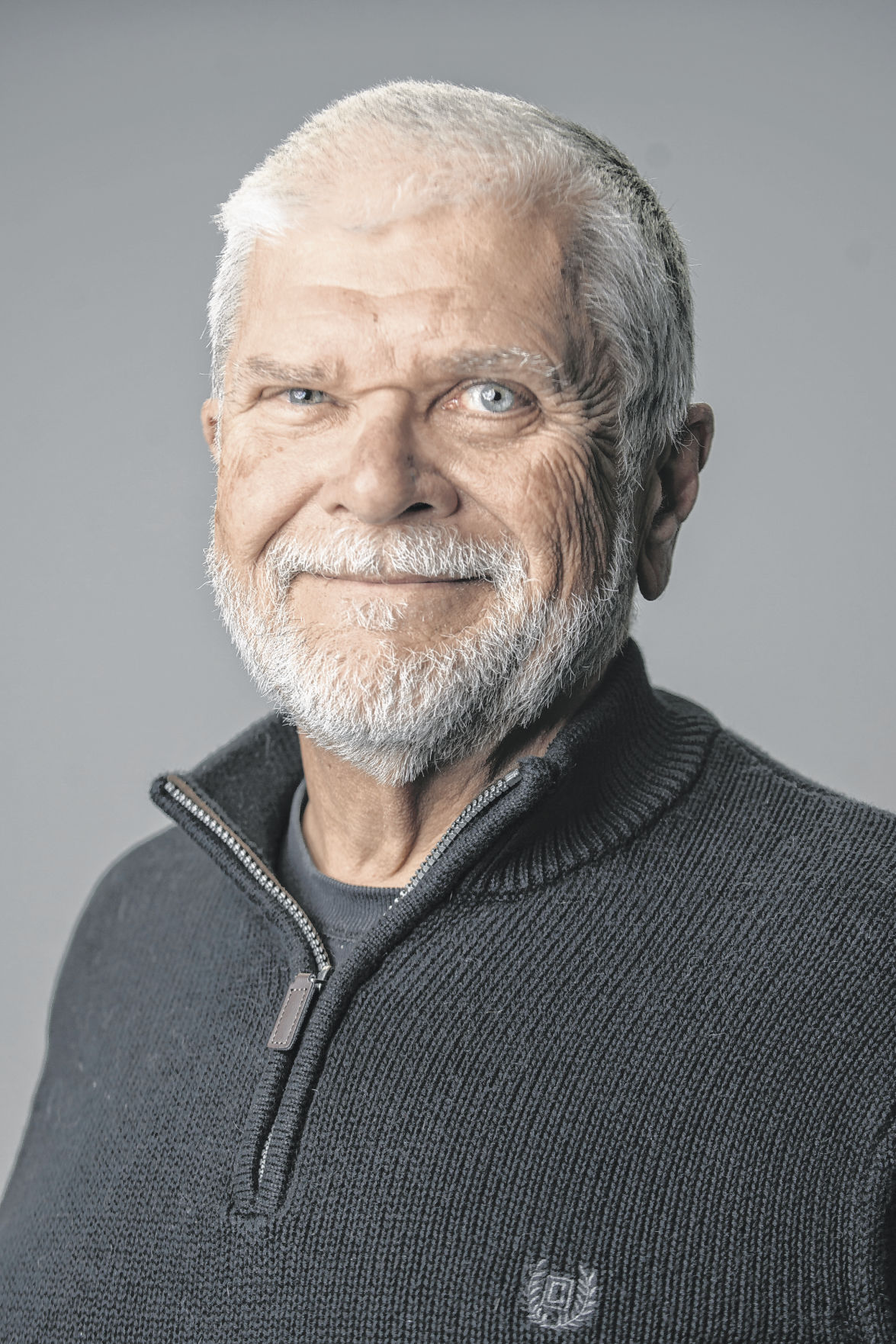
By Bud Herron
Most of us have a certain reverence, even a sense of sacredness, about our family histories.
Even if we admit grandpa was a mean drunk and grandma stole chickens from her neighbors, we want to believe the ancestors we never met passed down great DNA. The genes just sometimes skipped a generation.
Some Americans spend hundreds, sometimes even thousands, of dollars looking into their family trees. Companies claiming to be experts at analyzing DNA — the hereditary material in humans and every other living organism — are getting rich purporting to tell people who they are, or at least where they came from.
Other companies, for a price, offer to fill in most of the blanks by providing names and places and dates — information genealogists used to spend years tracking down in dusty old courthouse basements and chigger-infested cemeteries.
But, the fact is, most of what has been passed down to each of us has nothing to do with a bloodline to Queen Victoria or Emperor Hirohito or Queen Yaa Asantewa or Tecumseh. What we actually inherit from our families is much more significant than a royal gene.
Our primary inheritance is our values, attitudes, preferences and assumptions. And while some of these gifts from our family tree may have small feeder roots to some relative alive more than 200 years ago, the main roots reach no farther back than to our parents, grandparents or great grandparents.
These are the people who passed on to us a major portion of our concept of who we are and where we fit into the world. The inheritance includes everything from the big ideas about moral codes, religious beliefs and group allegiances to the seemingly mundane preferences for what we do for entertainment, who we choose for friends and what we like to eat.
The sacred nature of this family heritage smacked me in the face several years ago when I served on a committee of the Bartholomew County Healthy Communities Initiative. The initiative, born more than 30 years ago, works to promote healthy lifestyles.
Part of the work centers on the availability of more nutritious food, particularly in institutional settings such as schools, health care facilities and other public places. A part of my assignment was to talk to both decision makers and consumers to promote the idea of healthier choices.
I thought the process would be fairly easy. Nutrition is science. We all had been exposed for decades to the USDA “Food Pyramid” and then “MyPlate” — showing what we need to eat to stay healthy. And everyone knew the health dangers of too much sugar, fat and salt — as well as the obesity danger of eating too many snacks and processed foods with high calories and low benefit to our bodies.
Yet, as I talked to people, I came across a lot of skepticism — even some outright hostility.
I was shocked. My conversations were mostly with parents and people responsible for feeding children. Why would they be angry when I suggested there are options to seasoning with animal fats or cooking the nutrients out of vegetables or frying foods that would be healthier if baked?
Finally, a friend pulled me aside and said: “Bud, you think you are talking about making food more nutritious. But a lot of people think you are saying their grandmothers cooked food that killed people.”
He was right. I hope I never forget that lesson.
All of us have a family heritage we hold sacred. And some of that heritage cannot stand the objective test of science, history, goodness or ultimate truth. Yet, we still cling to the heritage. In a conflict between loyalty to family and truth, loyalty to the ways of the family usually wins.
To a great degree, the current divisions about our nation’s history and the path we need to take into our nation’s future are about grandma and grandpa. How do we find the strength and wisdom to figure out grandma made a great and nutritious chicken casserole, but stepped over the line a bit when she fried our cornflakes in lard in a big iron skillet?
How do we find a way to revere the courage of our great, great grandfather who served in the Confederate Army, without denying the fact that he fought to defend a would-be nation that existed on the whip-scarred backs of human beings held in slavery?
I guess we begin by recognizing, honoring and holding sacred the best of the family inheritance each of us has received, while looking honestly at the places where the inheritance falls short of goodness and love.
